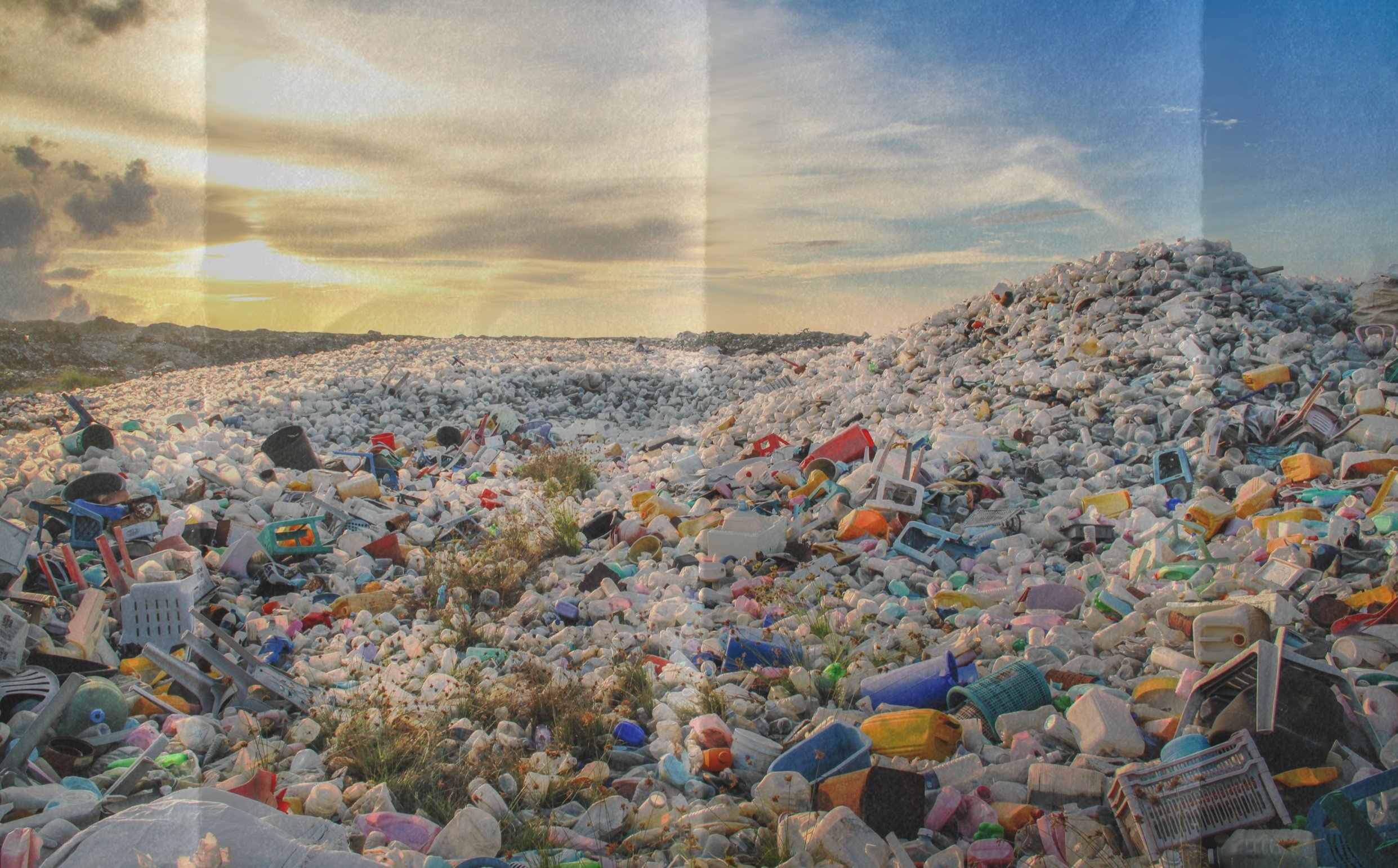
Giovanna Monteiro
Head of Marketing

ARTICLE
Transforming Perspectives: Turning the Tide on Plastic Reduction
A significant change is underway in how we view and engage with single-use plastics. The focus is no longer solely on convenience but rather on a profound reconsideration of our environmental impact. This transformation involves moving beyond accepting disposable plastics to actively seeking alternatives, indicating a departure from the convenience-centric mindset.
Embracing Sustainable Alternatives
This transformation extends to a wholehearted embrace of sustainable alternatives. Businesses and consumers alike are re-evaluating their choices, prioritising eco-friendly packaging and reusable materials. This change challenges the once-prevailing idea that convenience justifies the environmental cost of single-use plastics, fostering a more conscious and responsible approach to consumption.
From Nodes to Influencers
Another aspect of this paradigm shift is the move from focusing on nodes to identifying influencers within networks. Network science allows us to pinpoint key individuals or components that have a disproportionate impact on the entire system. This shift challenges conventional thinking by recognising that not all nodes are equal; some play pivotal roles in shaping the dynamics and outcomes of a network.
Corporate Responsibility and Accountability
Another aspect of this transformation is the heightened emphasis on corporate responsibility and accountability. Companies are now held to elevated standards regarding their plastic usage and waste management practices. This involves viewing plastic reduction not just as a marketing trend but as a fundamental responsibility towards the environment. This change in perception is reshaping business strategies and transforming supply chain practices.
Legislative Reforms and Global Collaboration
The transformation is also evident in legislative reforms and global collaboration. Governments and international bodies acknowledge the urgency of addressing plastic pollution, leading to more stringent regulations and collaborative efforts. This involves recognizing plastic reduction as a global challenge requiring collective action, transcending borders and industries to instigate meaningful and enduring change.
Building a Sustainable Tomorrow without Plastic Waste
The transformation in plastic reduction is more than just about discovering alternatives; it represents a fundamental shift in how we approach consumption and its environmental impact. By rethinking single-use plastics, embracing sustainable alternatives, holding businesses accountable, and fostering global cooperation, we are actively shaping a future where plastic waste is no longer deemed an acceptable by-product of convenience.

Stay in the loop
Join our community of change-makers. Subscribe to our newsletter, and we'll keep you informed about latest insights, trends, success stories, and innovative approaches.
